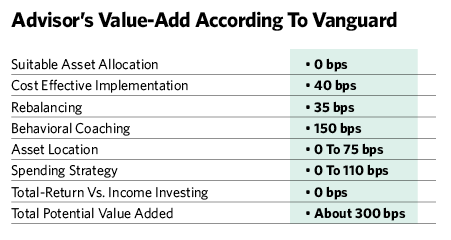Key Two: Building Trust, Loyalty and Culture
Financial advisory relationships are based on trust, and they are stronger when they are longer and informed by an advisor’s deep understanding of his or her client. That’s a problem when advisors build their service models with a limited time frame in mind: in other words, when they assume that the relationships will end when they retire.
RIA owners—actually all firm owners—should instead think of their businesses as long runways that go out further than their own time in the profession. If you’re in your 50s, it is very late to think about succession.
Take one of our recent experiences. The principal of a small RIA firm approached our partners at Koss Olinger and Company to see if our firm was interested in acquiring his business. He was into his 60s, and even though he had some young advisors in his practice, they hadn’t been groomed to take it over. He was stuck with the question: “What am I going to do? For myself and my clients?”

Our firm could have bought his, but culture shock might have driven half those clients away, a risk not worth taking. Some firms can reach $5 billion in assets by acquiring, but those sprints to grow just aren’t in many firms’ DNA. Many, we suspect, view the future as we do—not as a sprint but as a marathon. Culture ages well.
Our firm, for example, has put in place a next generation of advisors for organic growth. Our founding partners are in their 70s, the current partners managing the firm are in their 40s, and the next generation are in their 20s.
When 2019 arrives, we will have been in business for 50 years, and we are laying the foundation for another 50. Other advisors should also think about how they will be in business for at least two generations. Because the client retention will be high if that culture of trust is there.
Or take Heritage Financial Services, the 2017 winner of Charles Schwab’s Best-in-Business IMPACT Award and a firm with a 99% client retention rate. Heritage makes sure to keep clients by making sure they fit in the first place. The firm’s client discovery process is extensive, and the extra attention clients get, Schwab said, pays off in their loyalty down the road.
There’s also a quote we can pull directly from Heritage’s website: “Our Services: Financial Planning, Investing and a Hundred Related Tasks.” True wealth management can involve hundreds of tasks, making it as of yet too complex for the machines to take over.








